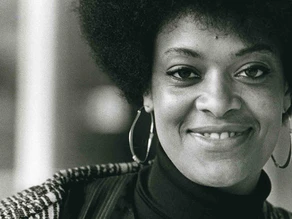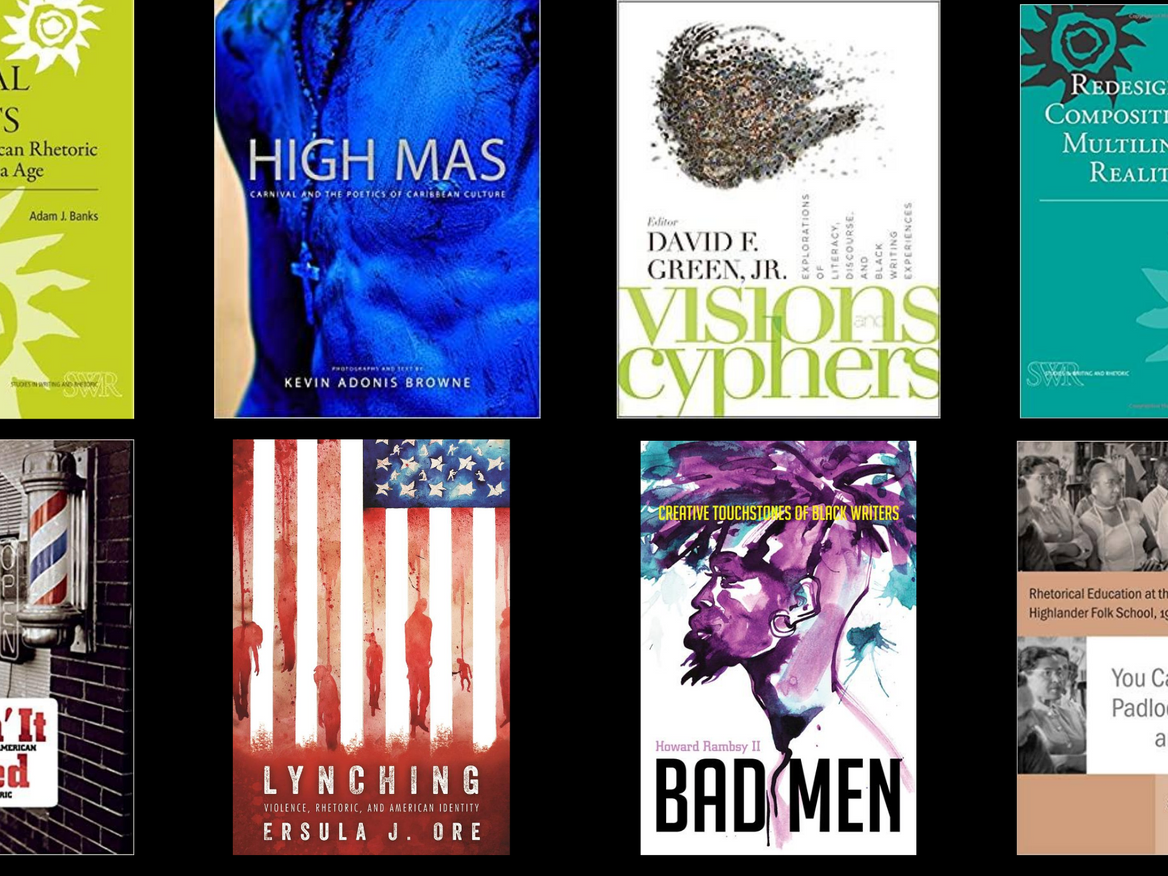In 1986, approximately a decade before her death, Toni Cade Bambara declared at the National Black Writers Conference that African American writers are responsible for reminding people what they were pretending not to know. Her faith in archives that we can draw on, and her essential contribution to such archives, are central concerns in Thabiti Lewis’s compelling new book, a cultural biography titled Black People Are My Business: Toni Cade Bambara’s Practices of Liberation. Lewis argues that Bambara, informed by Black nationalism, feminism, and Marxism, employs a “spiritual wholeness aesthetic” in her fiction to model liberation and offer visions of freedom both in African American communities and beyond. She produced, Lewis asserts, “revolutionary acts of language.”
Lessons
One such act occurs in Bambara’s most well-known short story, “The Lesson,” which is included in her 1972 collection Gorilla, My Love. An aspiring mentor, Miss Moore, takes a group of Harlem children on a Saturday trip to a midtown toy store where they see exorbitantly priced items, ones their families could never afford. Without lecturing to the children, Miss Moore allows the tension to build as her charges become increasingly aware of the difference between them and the children for whom parents could purchase such toys. Although the story is obviously a critique of capitalism and consumerism, Miss Moore steers the ensuing discussion to a focus on the term democracy, a concept with which the children are familiar. Sugar observes, “this is not much of a democracy if you ask me. Equal chance to pursue happiness means an equal crack at the dough, don’t it?” The unsettling recognition that prevalent language has been inadequate, that no real democracy exists, spurs the central character, Sylvia, to begin to reassess her social position and sense of direction.
We see a similar dynamic in “The Organizer’s Wife,” an entry included in The Seabirds Are Still Alive, Bambara’s 1977 volume. The main character, Virginia, needs to communicate with men who can be her allies. But when they visit her, they do not spell out their mission. Neither does she. After she leaves, we get the following exchange:
“Why didn’t you say something?” Jake demanded of his star pupil, the orator whose poems and tales and speeches delivered from the sound truck had done more to pull the districts together, the women all said, than all the leaflets the kids cluttered the fields with, than all the posters from the co-op’s graphic workshop masking the road signs, than all the meetings which not all the folk could get to.
“Why didn’t you speak?” Jake shoved the young one, and for a minute they were all stumbling, dancing nimbly to avoid destroying food that could be salvaged.
“Watch it, watch it now,” Old Boone saying clicking on his foot brace and grabbing the young one up, a handful of sleeve.
“You shoulda said something,” the tall gent spat.
“Why me?” The young one whined—not in the voice he’d cultivated for the sound truck. “I don’t know her no better than yawl do.”
“One of the women shoulda come,” said the tall gent.
The men looked at each other, then stared down the road. It was clear that no one knew any more how to talk to the bristling girl-woman, if ever they had.
Lewis points out, “Bambara uses this scene to address the male/female issue of her era as more underdeveloped communication than volatile antagonism.” Fortunately, for Virginia and the men, their communication and cooperation improve.
In “The Apprentice,” from the same collection, the activist Naomi intervenes when a police officer roughs up a Black motorist. Her speech is effective—we wish things always went this way—as she challenges state authority:
“Excuse me, Officer,” Naomi was saying in that voice she’d cultivated special for such occasions. “I have no intention of interfering, but I wondered if I could ask this gentleman here if there’s anyone he’d like us to call on his behalf. If that’s all right . . . sir.”
Notes on the Novels
Bambara’s two novels, The Salt Eaters, published in 1980, and Those Bones Are Not My Child, released posthumously in 1999, deepen the themes found in her short stories. Lewis deems the first novel a “sort of gospel of renewal.” It is steeped in the Black oral tradition and incorporates the call-and-response mode of that tradition and of jazz. The central concern is the healing of Velma Henry, who suffered a nervous breakdown and attempted suicide because of personal and professional setbacks. The witnesses to the healing and the shifting angles of narration suggest the spiritual, community-oriented wholeness with which Bambara was preoccupied.
Those Bones Are Not My Child is based on the Atlanta child murders that occurred between 1979 and 1981. Bambara first intended to write a nonfiction book about the cases but then created Zala Spencer as a fictional vehicle to explore Atlanta’s political landscape. Lewis considers the book to rely also on gospel, sermon, and call-and-response—fused with realism and modernism—“to cover the spiritual wholeness aesthetic: family, faith, feeling, and freedom.”
Conclusion
Here I can only hint at the richness and importance of Bambara’s corpus, including the 1970 anthology, The Black Woman, by which she became widely known. The hope on this occasion is to tempt you to do two things. One is to read or reread her work. As Lewis indicates, it has been undervalued overall. Two is to adopt Black People Are My Business as a guide. Beyond expert literary analyses, the book contains vital information about Bambara’s intellectual and artistic development, teaching, and activism. It is a masterful tribute to a major figure who grew wisely flexible and remained remarkably committed.





